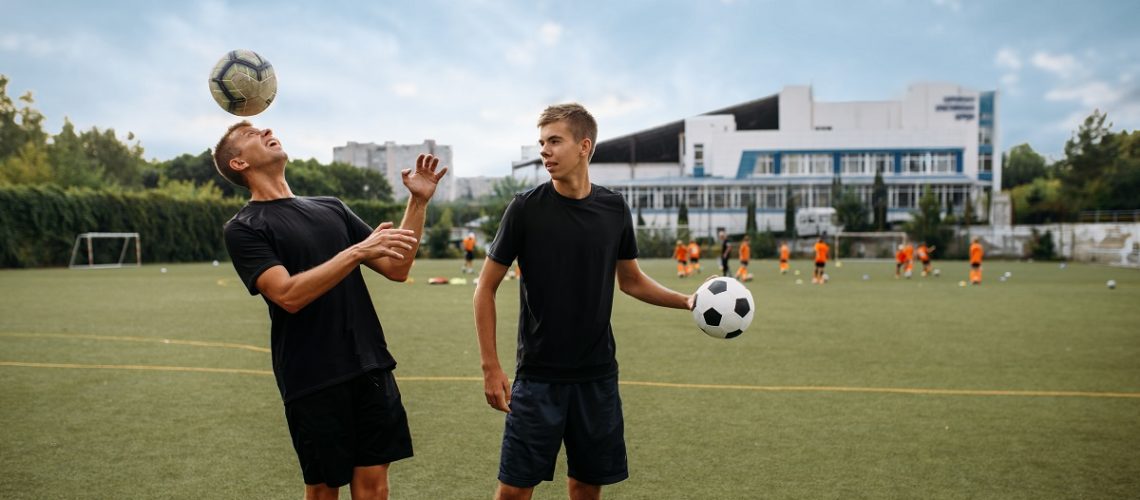The relevance of communication in sports is self-evident: it is critical to the success of sports organizations and for teams to succeed. Positive teams that foster positive communication and mutual respect among their members increase overall motivation.
Coaches who have good communication skills with their athletes may give both positive and constructive feedback in ways that have an impact on their athletes’ performances.
Verbal communication:
The vast bulk of communication in sports is verbal, with players and coaches using their words to communicate a message. Verbal communication may be as straightforward as saying “pass the ball”, “take the shot”, or “excellent work”!
However, teams can engage in more in-depth verbal communication as well, such as discussing the upcoming play, motivating teammates, or debriefing on previous plays.
Non-verbal communication:
When most folks think about sports communication, they see an exchange of words and sentences between persons. However, communication occurs in sports without a single word being said.
Players use their arms and hand signals to communicate with one another and to signal specific plays. Additionally, the way they posture your body signals to everyone else what your next action on the field will be.
Why is team communication important?
Effective communication is critical for kids who attend high schools with sports programs and participate in a particular sport.
Students competing at the high school level are not elite athletes, and they have most certainly been involved in sports for a few seasons. This is a critical time period for high school players since this is when your skills truly begin to improve.
Additionally, this is a period when many student-athletes must decide whether to continue their sports careers into college and potentially beyond. With Teambot, you can more effectively communicate with your teams, and ensure everyone’s on the same page!

